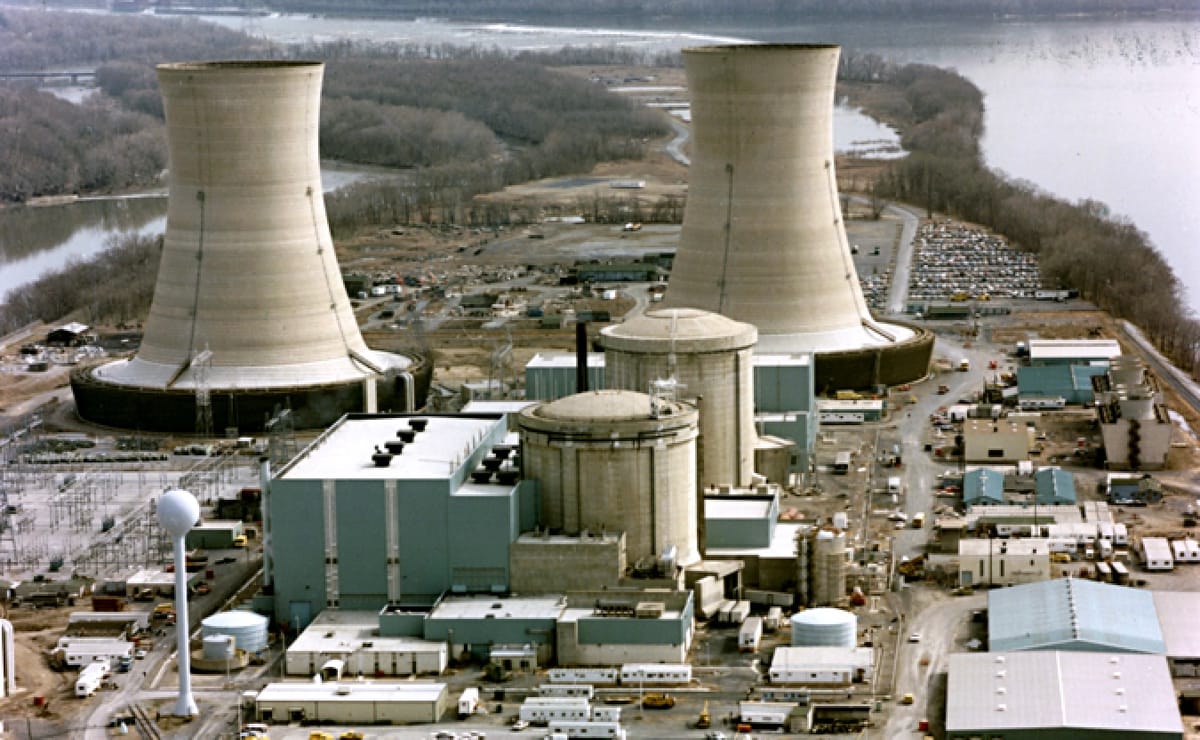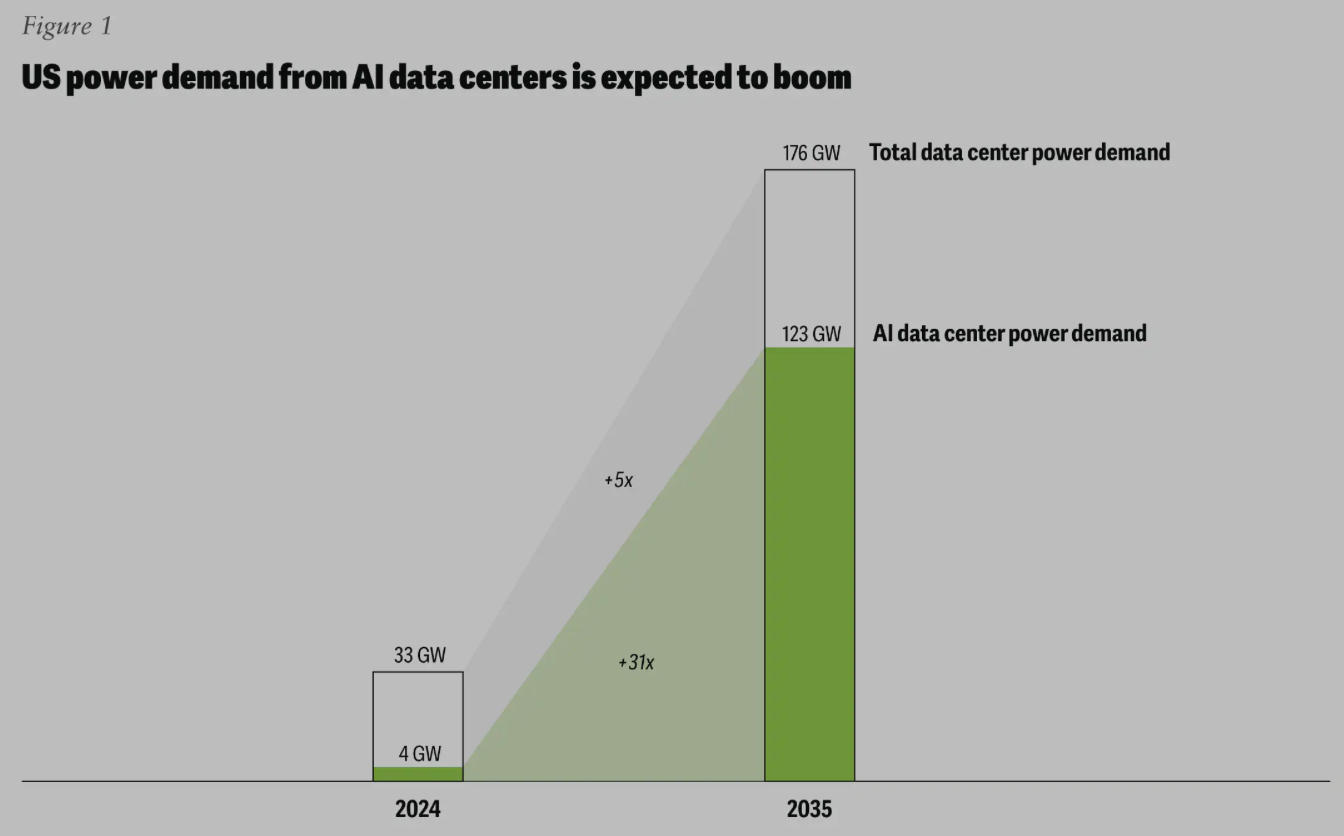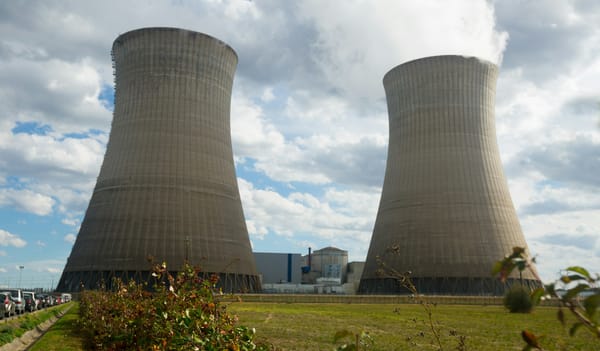Microsoft goes nuclear in "game-changing moment" for energy industry
Tech giant joins World Nuclear Association and pushes forward atomic ambitions including restarting disaster-struck Three Mile Island facility.

Microsoft has become the first of the Big 7 tech companies to join a global organisation dedicated to promoting the development of nuclear energy.
Demand for energy is expected to skyrocket as the AI revolution continues to gather pace - assuming it continues to follow its GPU-reliant, data centre-based trajectory rather than moving towards less thirsty device-based edge AI.
Now Microsoft has joined the World Nuclear Association in a move described as "underscoring the growing recognition of nuclear energy as an essential foundation for powering the digital economy and achieving ambitious climate goals."
The news comes after the company signed long-term agreements, including a 20-year power purchase agreement with Constellation Energy, to restart the disaster-hit Three Mile Island nuclear facility, which has been renamed Crane Clean Energy Centre.
Redmond also signed a deal with the fusion energy technology company Helion, which recently began building a fusion plant near Malaga, Washington. The facility is expected to begin supplying energy to Microsoft’s data centers by 2028 under a pioneering agreement that marks the tech giant’s first-ever purchase of fusion-based power.
Microsoft's membership with the Association is a game-changing moment for our industry," said Dr Sama Bilbao y León, Director General of World Nuclear Association.
"When one of the world's most innovative technology companies recognises nuclear energy as essential to their carbon-negative future, it sends a powerful signal to markets, policymakers, and industry leaders worldwide. This partnership will accelerate nuclear deployment at the scale needed to meet both climate goals and the growth in energy demand from data centres."
Most reasonable predictions expect a huge spike in energy demand. Although there is a chance this may not necessarily come to pass because if AGI stubbornly refuses to be born and the focus shifts to small language models and on-device AI like Apple Intelligence, which use less juice than greedy LLMs.
The massive energy appetite of large language models

Goldman Sachs has projected that global power demand from AI-powered data centres will soar by 165% between 2023 and 2030. Deloitte estimated that AI data centers could increase power demand at least thirty‑fold by 2035, reaching 123 gigawatts.
To meet ESG targets whilst generating vast amounts of energy, Big Tech needs to pull off the difficult trick of pumping out as many gigawatts as it can whilst spewing as little carbon as possible.
Traditional nuclear fission will play a major role in satisfying AI energy demands - at least until cleaner, safer fusion reactors go online at some unknown point in the future.
"Nuclear energy isn't just part of the technology sector’s energy strategy—it's essential to it," said Dr Sama Bilbao y León, Director General of World Nuclear Association. "Microsoft joining the Association allows greater collaboration between one of the major energy users and the nuclear industry to address the regulatory, technical, and financial challenges to accelerate nuclear deployment."
READ MORE: Microsoft blames China for SharePoint ToolShell attacks, governments and nuclear weapons agency targeted
In a statement which bears some of the tell-tale stylistic signs of the technology we're polluting the world to fuel, Dr Sama added: "The global nuclear industry isn’t just generating electricity; we're energising technology."
Microsoft will work to develop small modular reactors as well as next-generation fusion energy.
It will advocate "advocating streamlined licensing processes that maintain safety while reducing deployment timelines", as well as strengthening global nuclear supply chains to meet growing demand.
"Microsoft's entry into World Nuclear Association’s membership reflects the strategic moment that our industry is working in as we work to meet our carbon-free energy goals," said Dr Melissa Lott, a partner in Microsoft's Energy Technology team.
"When you combine Microsoft's technological capabilities with the nuclear industry's proven track record of delivering reliable, carbon-free baseload power, you create the foundation for unprecedented innovation in carbon-free energy technology deployment."
Do you have a story or insights to share? Get in touch and let us know.




